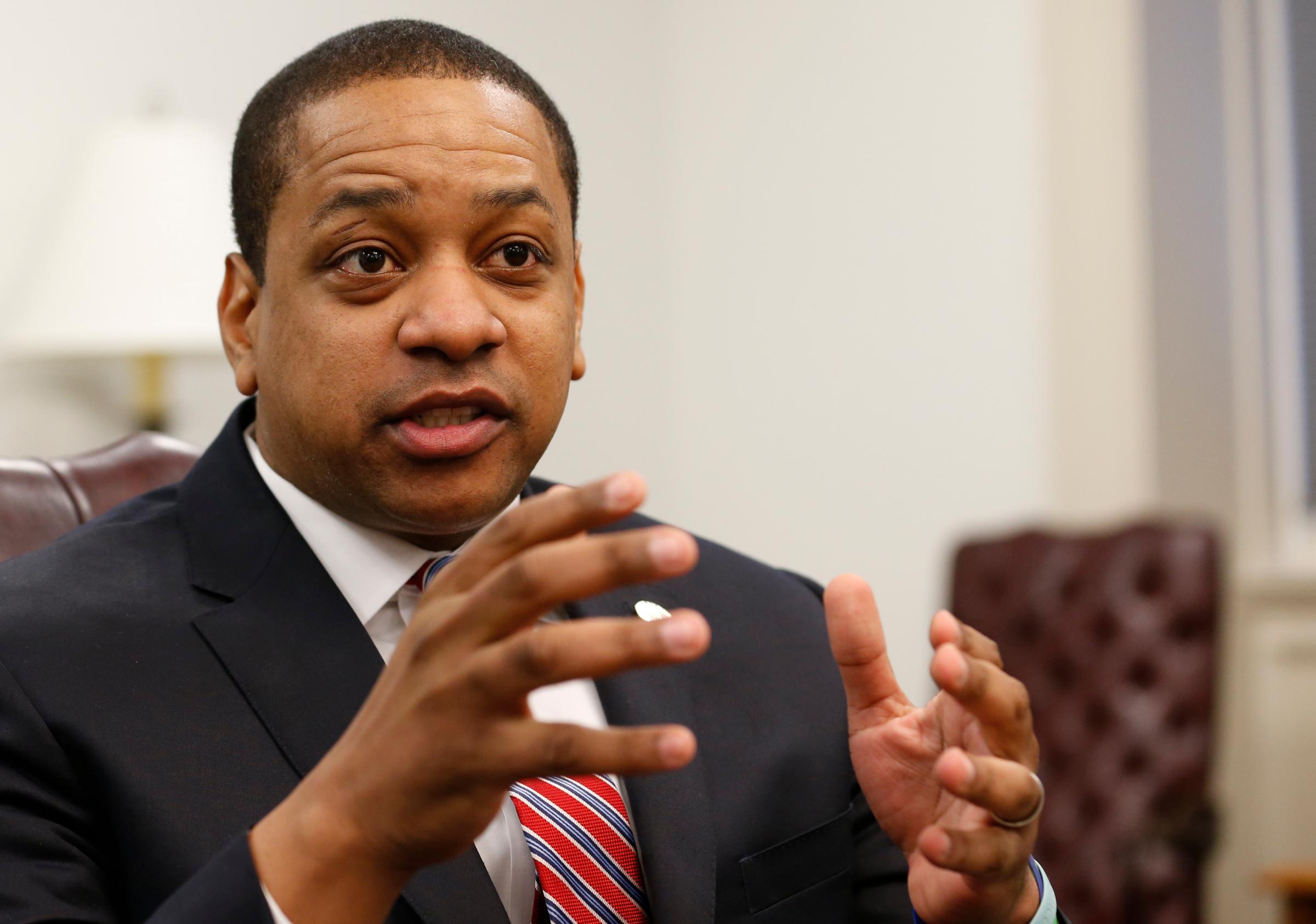The college professor who accused Virginia Lt. Gov. Justin Fairfax of a 2004 sexual assault has come forward – publicly identifying herself in a statement and describing the alleged attack in graphic detail.
Vanessa Tyson, a Stanford University fellow and associate professor at Scripps College in California, released a detailed letter through her lawyers Wednesday in which she said she reluctantly went public to dispute what she called Fairfax’s “smear campaign” against her.
“With tremendous anguish, I am now sharing this information about my experience and setting the record straight … Mr. Fairfax has tried to brand me as a liar to a national audience, in service to his political ambitions, and has threatened litigation. Given his false assertions, I’m compelled to make clear what happened,” she wrote.
Tyson described herself as a “proud Democrat,” whose only interest was to refute the “falsehoods and aspersions of my character,” she wrote.

Fairfax, also a Democrat, released a statement Monday calling the accusations “false and unsubstantiated.” In another statement on Wednesday, he said that the encounter with Tyson was consensual.
“At no time did she express to me any discomfort or concern about our interactions, neither during that encounter, nor during the months that followed it, when she stayed in touch with me, nor the past fifteen years. She in no way indicated that anything that had happened between us made her uncomfortable,” he said in a statement.
Fairfax’s office did not immediately respond to a request for comment on Tyson’s letter.
The letter comes after days of scandals in Virginia politics. Gov. Ralph Northam, a Democrat, is facing calls for his resignation over a photo on his 1984 medical school yearbook page that shows a man in blackface beside a man in a Ku Klux Klan hood and robe. He has declined to step down, at first apologizing for the photo, then saying he planned to prove he was not either of the people in the photo. Fairfax would replace Northam as governor if Northam resigns. On Wednesday, Attorney General Mark Herring — the next in line for Virginia’s governor’s mansion after Fairfax — admitted to wearing blackface to a party in the 1980s.
Tyson’s letter was released through the law firm Katz, Marshall & Banks, which also represented Christine Blasey-Ford, the Stanford University research psychologist who accused Justice Brett Kavanaugh of sexual assault in 1982.
According to Tyson’s letter, she and Fairfax had struck up a “cordial, but not flirtatious” friendship while working at the 2004 Democratic National Convention after learning that they had a mutual friend. Tyson said that, on the third day of the convention, (July 28, 2004), she agreed to accompany Fairfax to pick up some papers at his hotel room in order to get some “fresh air” outside of the convention.
While they were in the hotel room, Tyson wrote, Fairfax caught her off guard by kissing her. While the kiss was consensual, Tyson said, what happened next was not. She said Fairfax unbuckled his pants, grabbed her head and forced her to perform oral sex on him.
“I cannot believe, given my obvious distress, that Mr. Fairfax thought this forced sexual act was consensual,” Tyson wrote.
Tyson wrote that she avoided him for the rest of the convention, and never spoke to him again.
“After the assault, I suffered from both deep humiliation and shame,” Tyson writes. “I did not speak about it for years, and I (like most survivors) suppressed those memories and emotions as a necessary means to continue my studies, and to pursue my goal of building a successful career as an academic.”
Tyson’s accusation came to light last week after she wrote about it in a private Facebook post. Big League Politics, a conservative online publication, published a screenshot of the post on Sunday. Big League Politics also first published the racist photo in Northam’s yearbook page.
Tyson is dedicating her current fellowship at Stanford to studying sexual assault politics and policies, according to her biography on the university’s website.
In her letter, she wrote that she worked with sexual assault survivors both before and after the assault. She said that her decision to come forward was motivated in part by a sense of responsibility to the women she has worked with, and to her students.
More Must-Reads from TIME
- Donald Trump Is TIME's 2024 Person of the Year
- Why We Chose Trump as Person of the Year
- Is Intermittent Fasting Good or Bad for You?
- The 100 Must-Read Books of 2024
- The 20 Best Christmas TV Episodes
- Column: If Optimism Feels Ridiculous Now, Try Hope
- The Future of Climate Action Is Trade Policy
- Merle Bombardieri Is Helping People Make the Baby Decision
Contact us at letters@time.com